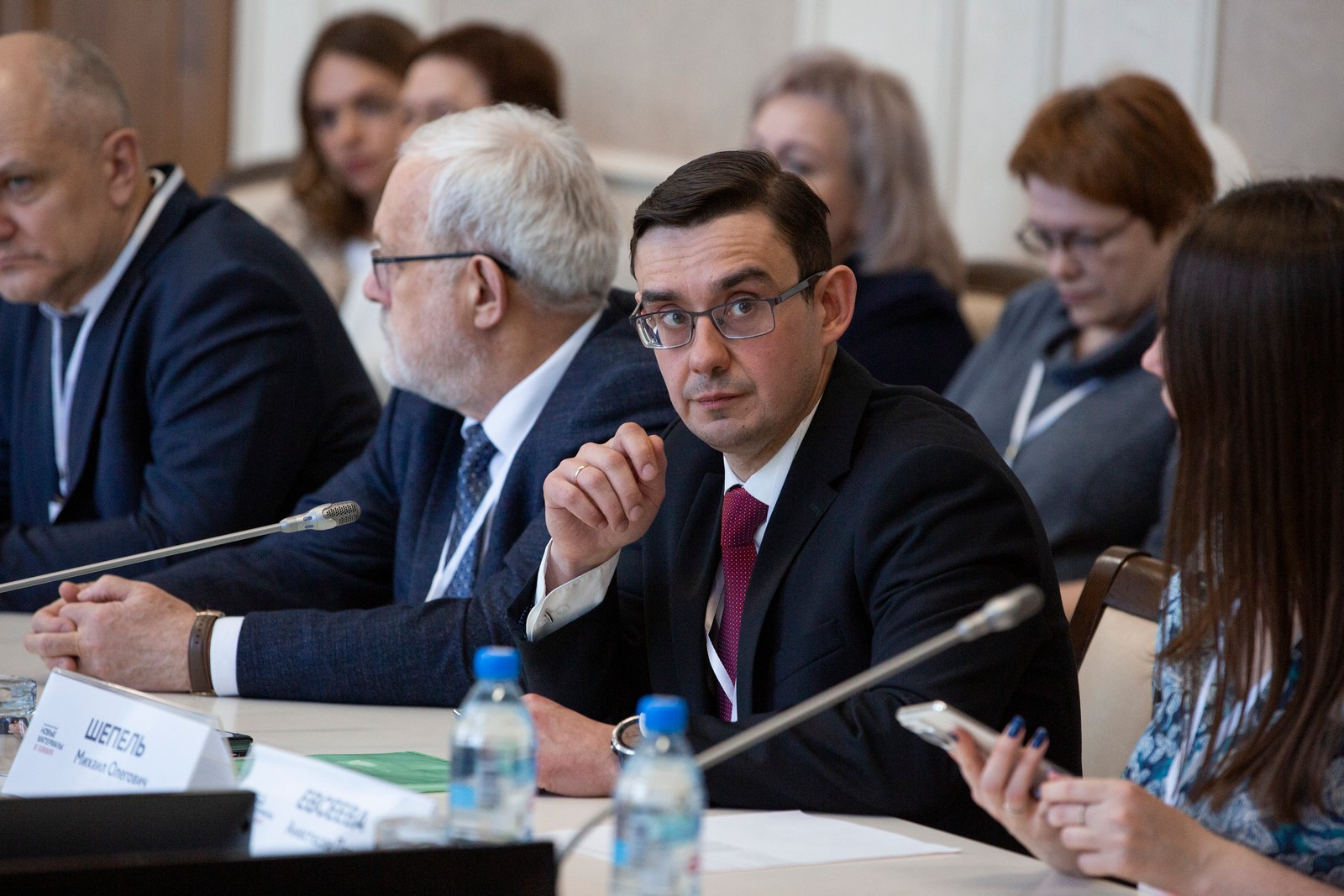Tomsk State University developed and launched an online platform for Russian language training, which foreign citizens can use to prepare for their arrival in Russia, master basic Russian language skills to pass exams and adapt to the life in Russia. The new platform uses adaptive learning technologies developed by the university and its partners. Adaptive language courses adjust to the initial level of knowledge and build an individual learning path for each user.
The project is a joint initiative of the Russian Ministry of Science and Higher Education and Tomsk State University.
The interface of the main.narusskom.online is available in several languages: Russian, English, Tajik and Uzbek. The platform can be used even before foreign citizens arrive to Russia. It is possible to start learning Russian and learn its culture being at home country.
The platform contains materials for socio-cultural adaptation in Russia: interactive materials explain how to open a bank account, call an ambulance or deal with documents. It also describes Russian cultural traditions and laws. The second block is Russian language training, which contains different modules based on real-life situations. The third block is an adaptive simulator, which “adapts” to the level of knowledge of each user.
– When a user enters the “In Russian” platform, the system tests his/her initial level of knowledge. Then it creates a personalized study track: theoretical and practical tasks are assigned to each individual user depending on the results of the first test. If a person, for example, does not know the Russian alphabet, he or she will be offered to start with the basics, and if he or she can read Russian, then the platform will direct the user to the section with dialogues and grammar, says Daria Maslova, project manager and head of the Center for Pedagogical Design at TSU.
According to Mikhail Shepel, Director of the Institute of Distance Education and Vice-Rector for Development of Additional Education at TSU, when we created this new platform, we combined the university experience in teaching Russian as a foreign language not only in Russia, but also in Laos and Indonesia, experience in working with migrant testing centers, and EdTech products. Thus, we have a digital environment where the user is tested, receives a personalized study track, and learns the culture of the country.

– Today it is extremely important both to promote the Russian language abroad and to educate migrants coming to the country, said Mikhail Shepel. – In order to successfully accomplish these tasks, we need convenient digital tools, such as out platform. We plan to translate the platform into 11 languages, and further improve it using AI to assess the speaking skills of foreign citizens.
The first groups of foreigners have already started training. The primary data slice will allow TSU to test the system of algorithms and get user feedback for further improvement of the platform.
Employees of the Faculty of Philology and the Center for Pre-University Training of TSU, methodologists of the Center for Testing Russian as a Foreign Language worked on the project. Organizational and methodological support was provided by the Center for Pedagogical Design and Online Learning of TSU Institute of Distance Education, and the technical basis of the platform was provided by the IT-company.
For reference: In 2024, according to the decision of the Ministry of Science and Higher Education of the Russian Federation, Tomsk State University became one of 14 universities in the country authorized to conduct the exam in Russian as a foreign language, Russian history and the basics of Russian legislation. The exam is held for foreign citizens willing to obtain a work permit (patent), temporary residence permit or residence permit. The TSU approach to this exam is the electronic format. This allows viewing the digital footprint of the examinee in a unified digital information system developed by the university.